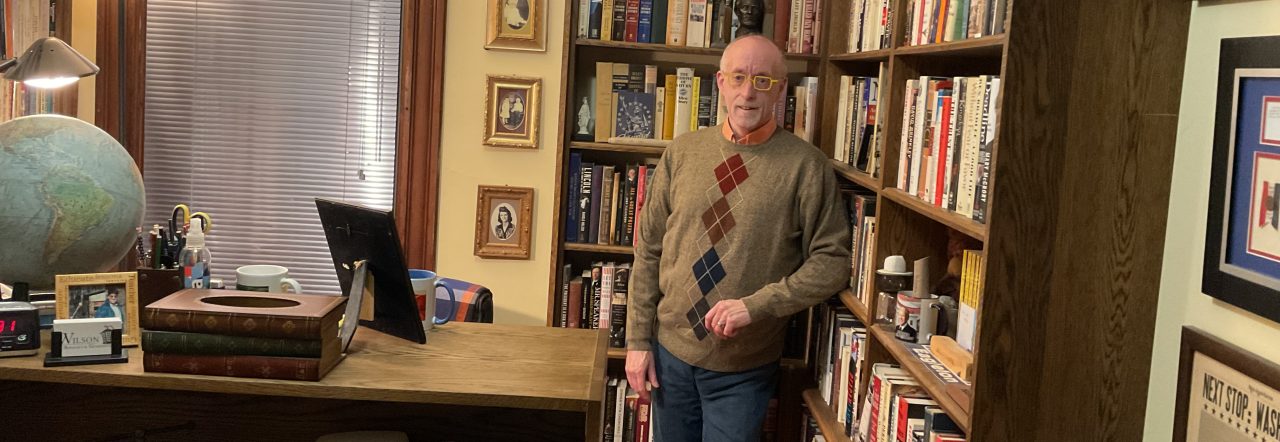I have often wondered how military policy would look if more valedictorians served in the armed forces. What would their families demand of policy-makers when constructing international policy or engaging in military maneuvers? Over the years thoughts of this kind percolated when issues of ‘Don’t Ask, Don’t Tell’, and more recently transgenders openly serving were making headlines During the national dialogue with both topics the end result furthered an image of the military as being small-minded and backward.
For many in our country who are not involved in the military, but listened and watched those debates, concluded that living a double life was quite pre-Stonewall. Most Americans know gay people, more and more know a transgender person, and poll after poll shows a strong level of support for a variety of ever-more rights to ensure equality is provided regardless of sexual orientation or biology. When those topics were making headlines nationally about the military it needs to be noted gay dates for high school proms were no longer uncommon. In other words, society is moving forward.
So must the military.
So, it has long been perplexing to me the disconnect between what is happening in neighborhoods across the nation and then what comes from the aging politicians and military planners in Washington. All this underscores how the mindset of the military as a whole needs to be shaken up. After all, gay men and women and transexuals just want to serve their country with their heads held high. Does not the nation want a military made up of members serving with pride?
As I think about this matter one question keeps popping forward. Why would any intelligent and self-confident young man or woman coming out of high school want to join the military? Why would any well-reasoned and educated person want to enter an organization that is so disjointed and illogical when it comes to human sexuality? Or join an organization that is simply backward with their scope of thinking when it comes to people in another land, or the faith they follow?
This should be concerning to us all.
Most people do not personally know any active enlisted members of the military. I do not. But during my life, I have known a number of valedictorians. Three are in my family. My husband James, along with my niece Katrina, along with her father Darvin. They all had the honor of representing their class on graduation day.
But I have known only two people (neither were family, and both were casual acquaintances) who served in Iraq, and in each case, they were stationed there for less than a year. In one case it was only for a few months, and the young man spent most of it on a base. When he returned, he told of the type of stunted social development some of his fellow soldiers had, and how uncomfortable it made him hear the way they talked about the people and country where they were stationed. The words they used were not the ones he heard at home or uttered on his own.
While my dad served in World War II, and a few uncles were in this or that branch of the armed forces, none of their children made the military a destination when they reached adult age. No one in my high school made the military a career, and the vast majority never even made the military a pit-stop on the road to the future. I think most people have the same experience as I have had. Most people simply do not know someone personally in the armed forces.
Why is that?
Does it not warp the way we feel about war and the policies of the nation if we do not at least know one person involved in a conflict? It is different to have a young man from the larger community shredded by a roadside bomb than to have a son or cousin meet the same fate. Does that fact make a difference when we condone this or that military adventure? I think it does.
I bring this all up today because there is still a strong perception of the military as a place that stigmatizes certain people or groups of people who wish to serve the nation. Such ‘jar-necked’ notions, create an atmosphere where a whole segment of the country says “I want my kid to go to college and not get messed up in the army.”
That may sound elitist, but it is an honest statement that is played out over and over coast-to-coast in living rooms and kitchens every day. The military is seen as red-neck and most parents want their kids to have a different direction in life. That is proved by the fact so many Americans do not know someone serving in the military.
And it will continue to be that way as long as in the military “sand-monkey” is thought to be a funny term, and those who can quote Thoreau are ‘fags’.
It is essential for the long-term military interest of the nation that a strong and determined signal is sent that the modern defense establishment understands that society has changed, and they need to change too. Until that happens folks across the nation with a good job (because this is also very much an economic issue) are saying “our kids are going to college, they are not getting into the military.” It has everything to do with what image they want their family to have, and a deeper sense of what parents want their kids to connect with as adults.
Who can blame any parent for wanting the best for their children?


